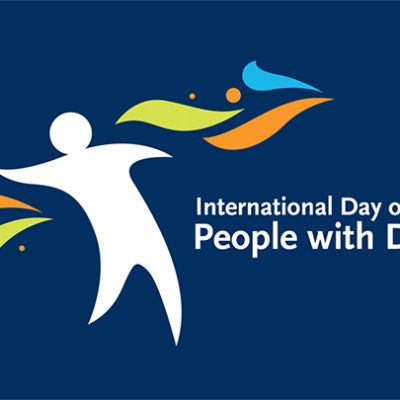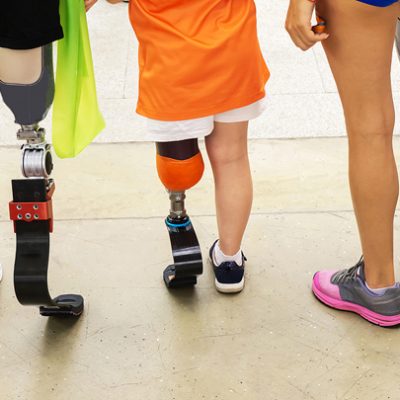
A diagnosis of autism is unlikely to be enough to guarantee future access to the National Disability Insurance Scheme as the federal Government prepares to clarify that individualised packages were designed only for Australians with profound disabilities. Source: The Age.
As federal and state governments this month consider the findings of an independent review seeking to make the $40 billion scheme more sustainable, NDIS Minister Bill Shorten gave a series of radio interviews flagging changes to the way children would access autism support once ministers worked through the review’s recommendations.
The larger-than-forecast number of children with autism and developmental delay joining the scheme is part of the reason its costs have spiralled and are projected to reach more than $100 billion by 2032, making it one of the Government’s fastest-growing budgetary pressures this decade.
Mr Shorten said the scheme “can’t be the surrogate school system” as he stepped up his calls for education and other systems to better support more than 235,000 people under 18 who have joined the scheme with autism or developmental delay because they struggle to find help outside it.
More than 8 per cent of five- to seven-year-olds are now on the scheme, leading some experts to suggest that level 1 autism diagnoses in Australia have gradually disappeared and been replaced by level 2 diagnoses, which typically qualify for support.
“The [NDIS] was designed for people who need assistance with core functioning, with the most profound disabilities. I don’t think the scheme was ever intended just to say, ‘I have a diagnosis, therefore I’m on the scheme’,” Mr Shorten said yesterday.
“One thing that we have to have a conversation about is rather than just saying, ‘I’ve got autism 2, therefore I’m on the scheme,’ it’s ,‘How does my autism affect my learning?’
FULL STORY
Shorten flags autism changes, says NDIS ‘can’t be surrogate school system’ (By Natassia Chrysanthos, The Age)






